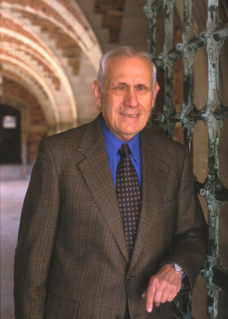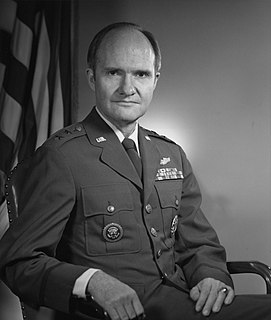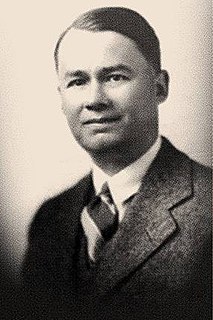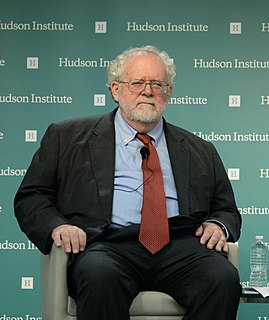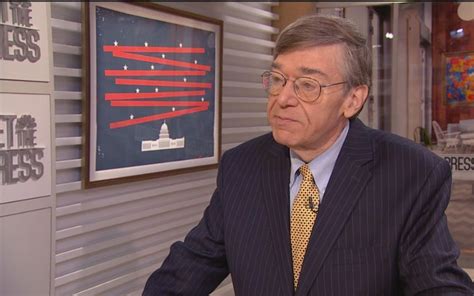A Quote by Richard J. Maybury
Washington...has become an alien city-state that rules America, and much of the rest of the world, in the way that Rome ruled the Roman Empire.
Related Quotes
Americans need to understand that they have lost their country. The rest of the world needs to recognize that Washington is not merely the most complete police state since Stalinism, but also a threat to the entire world. The hubris and arrogance of Washington, combined with Washington's huge supply of weapons of mass destruction, make Washington the greatest threat that has ever existed to all life on the planet. Washington is the enemy of all humanity.
The proliferation of bureaucrats and its invariable accompaniment, much heavier tax levies on the productive part of the population, are the recognizable signs, not of a great, but of a decaying society. Historians know that both phenomena were especially marked in the declining eras of the Roman Empire in the West and of its successor state, the Eastern or Byzantine Empire.
In the agreement to rescue Rome [i.e., the Roman Catholic Church's hierarchy] from the predicament of losing its world control to Protestantism, and to preserve the spiritual and temporal supremacy which the popes [had] 'usurped' during the Middle Ages, Rome now 'sold' the [Roman Catholic] Church to the Society of Jesus [i.e., the Jesuits]; in essence the popes surrendered themselves into their hands.
When Edward Gibbon was writing about the fall of the Roman Empire in the late 18th century, he could argue that transportation hadn't changed since ancient times. An imperial messenger on the Roman roads could get from Rome to London even faster in A.D. 100 than in 1750. But by 1850, and even more obviously today, all of that has changed.



